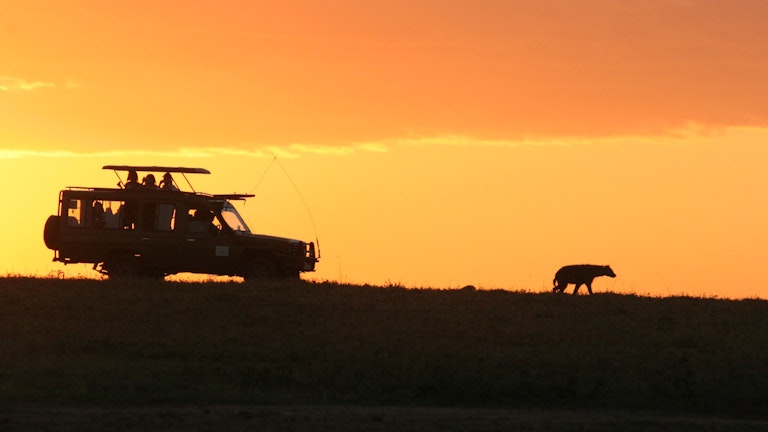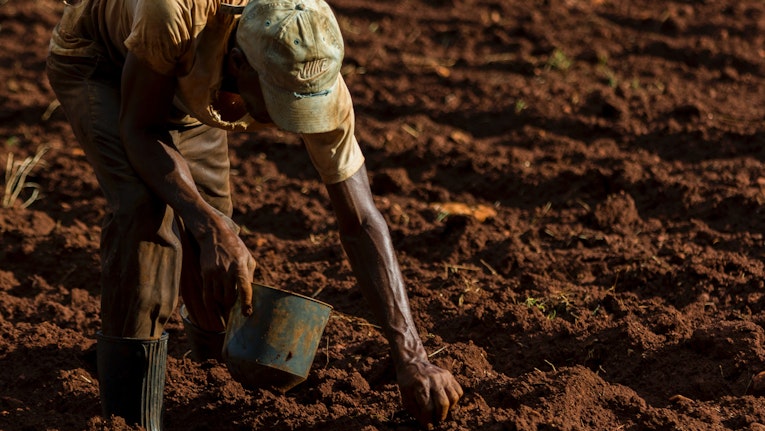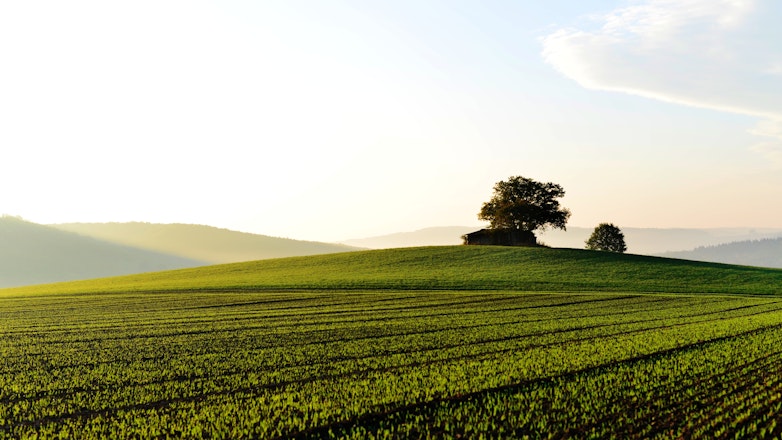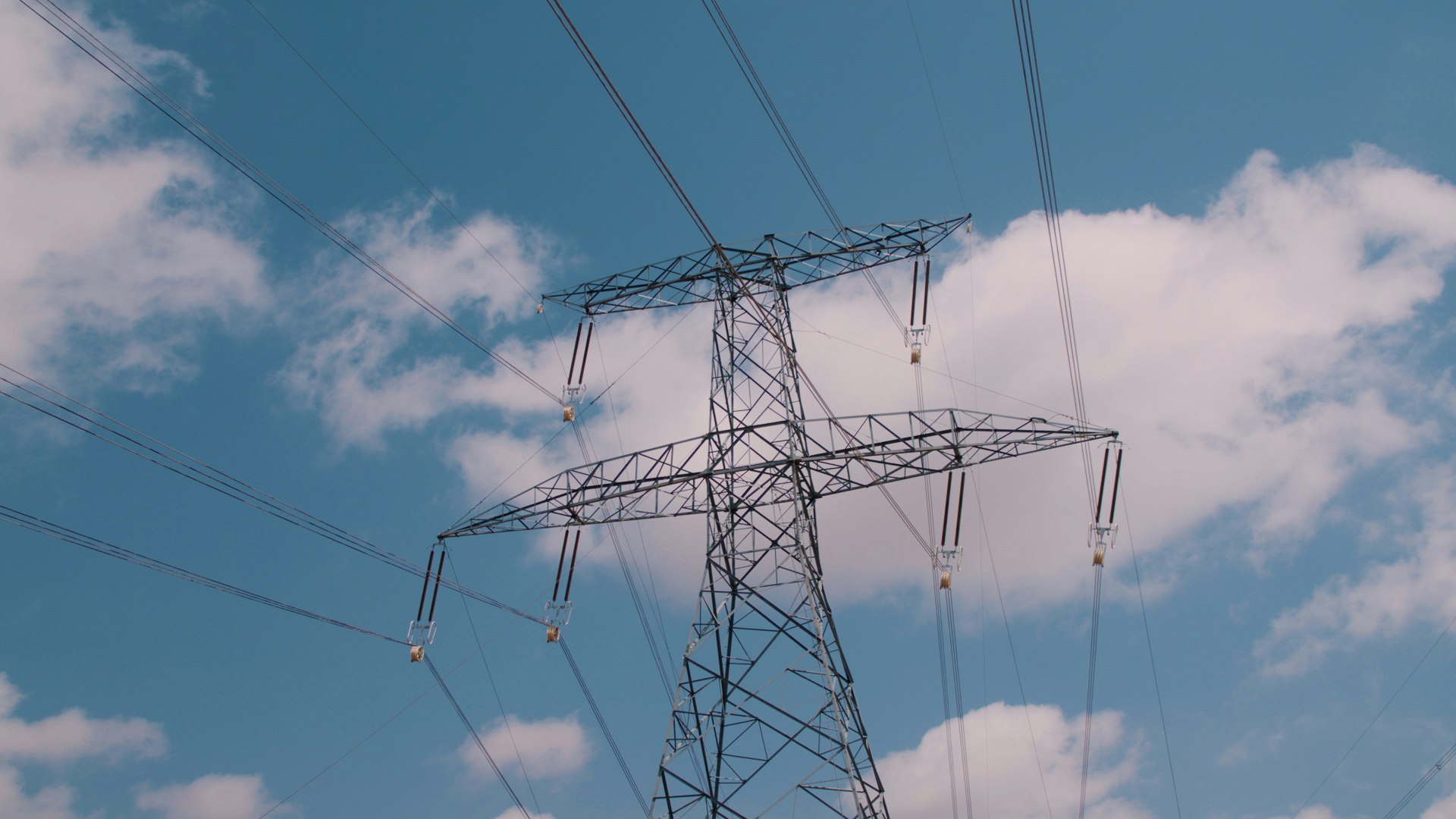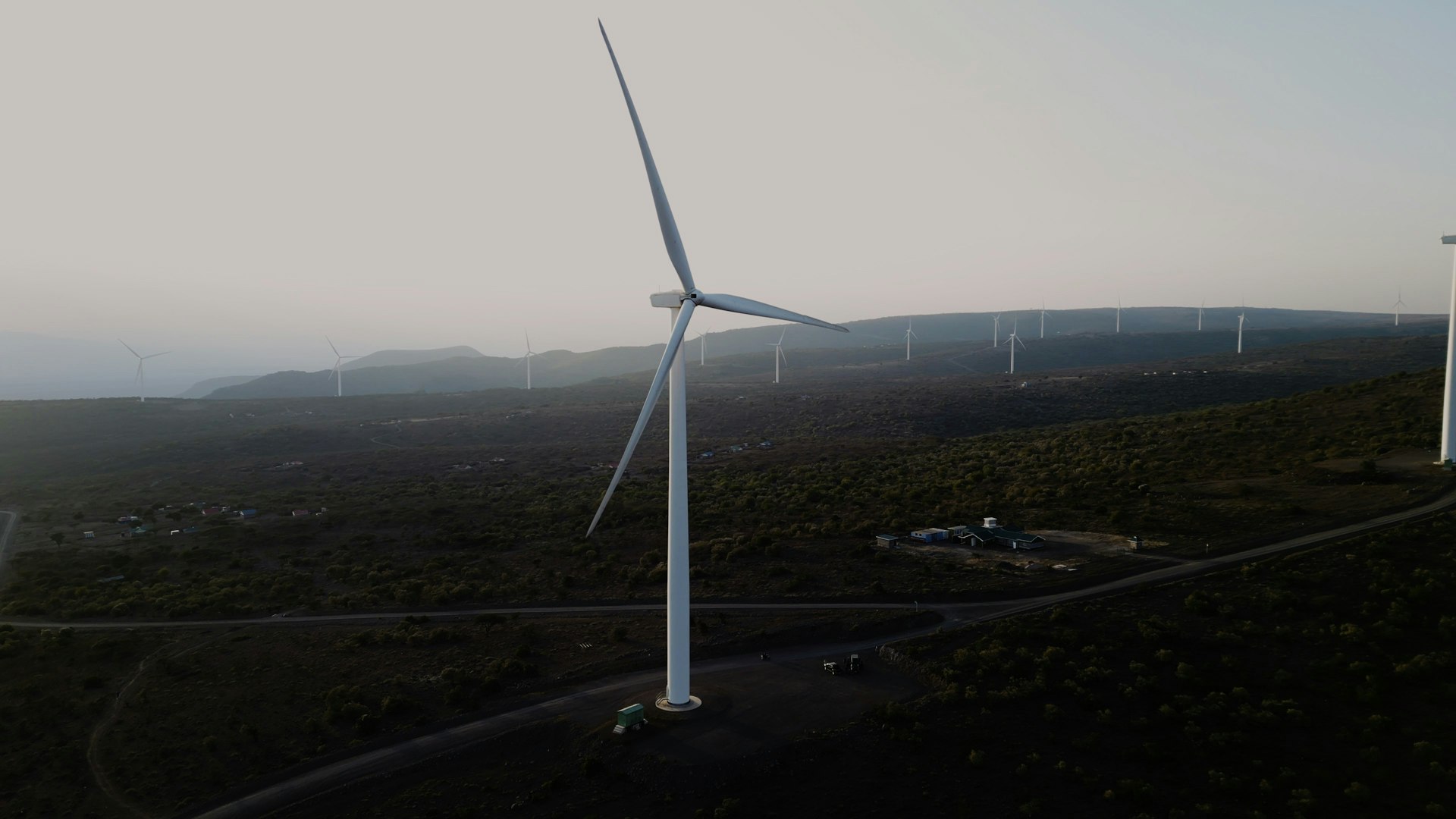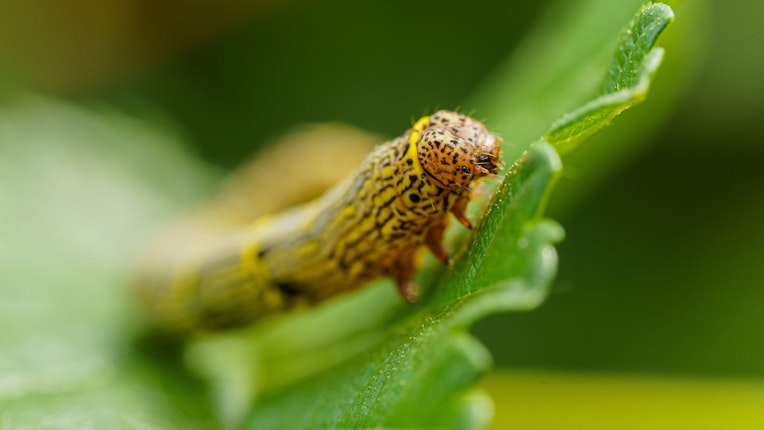Keeping a Good Thing Going: Kenya’s Sustainable Wildlife Tourism Success
30/11/2023
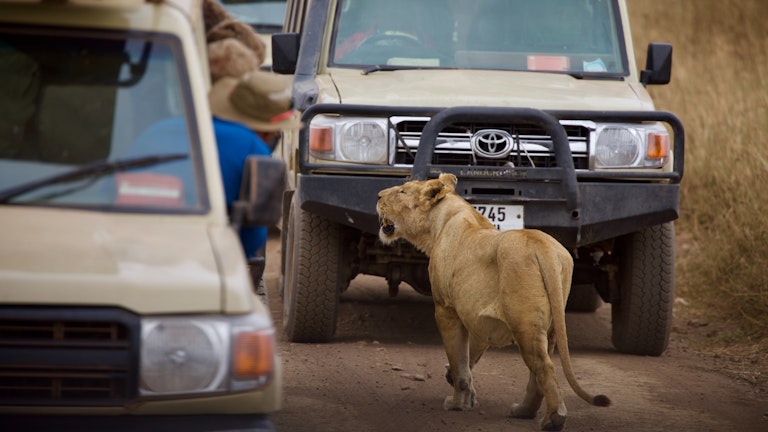
‘The animals have always been here…the only thing that’s changed is revenue is now coming in.’
Dickson Ntika, Conservancy Manager, Mara Naboisho Conservancy.
Kenya is proudly protective of its status as the ‘home’ of Africa’s safari industry. A haven for wildlife enthusiasts, the country is regarded as one of the best places to witness The Big Five in their natural environment.
To ensure the longevity of this cornerstone of the nation’s economy, greater efforts are being made to protect both the wildlife and the industry that relies upon it.
Sustainable wildlife tourism is a win-win model for sustained economic growth, ensuring that the main draw for tourists, the wildlife and the local experiences, are carefully conserved.
This protective strategy is already making a difference; Naboisho Conservancy now has the highest concentration of lions in the world, and the highest profits of all the Maasai Mara national parks.
Sustainable Wildlife Tourism in Action
Naboisho is one successful example of this sustainable wildlife tourism in action. The camp has become a luxury destination for tourists, with a reputation for flourishing wildlife and inclusive experiences created by the Maasai community.
The conservancies are leased by the safari companies from 14,500 Masai landowners, who get a stable, increasing income over time. Concession fees paid by travellers also go directly back to the community.
As well as leasing land to the camp, the Maasai also make up 95% of the Naboisho workforce. As a result, 3000 households in Naboisho earn around $4 million from annual tourism revenue now.
Opportunities take many forms on the conservancy, with a variety of roles created by sustainable tourism including wine experts and hot air balloon navigators, now proudly taken by Maasai locals.
‘Over 90% of the camp staff are from the local communities. These tourism partners contribute in many ways to the local economy by purchasing local produce (meat, vegetables, milk) as well as beadwork and providing educational bursaries and infrastructure.’
Gerard Beaton, Regional Operations Director of tour operator Asilia Africa.
Tales from Naibosho National Park
The Naboisho Conservancy supports education through bursaries for around 800 to 900 students of landowners, including the Koyaki Guiding School (KGS), established in 2005.
The school offers guiding training and economic opportunities to the Maasai, including young girls who go on to develop careers at the conservancy, the lodges and beyond.
One Koyaki alumni success story is Agnes Kilena, an assistant camp manager at Basecamp Explorer. Following her graduation in 2010, Agnes excelled as a driver guide and is now the Associate Manager at Leopard Hill having completed the six-month management trainee program.
The impact on job growth goes beyond direct employment. Revenue generated as a result of implementing a sustainable wildlife tourism model has been utilised to set-up profitable cultural initiatives.
Basecamp Explorer started a jewellery foundation that sells the beautiful, beaded craftwork of the Maasai women. This jewellery is successfully sold around the world, with international demand doubling since 2018.
Securing the Future
While this sustainable, interconnected approach to tourism, wildlife and community is in its infancy, the results are looking promising.
Safari organisations are building in the sustainable methodology to their holiday experiences, to keep wildlife safe and visitor numbers secure.
Meanwhile local communities are empowered by conservancy fees that give them financial independence, alongside meaningful employment prospects and improved health and schooling.
As the industry evolves, wildlife tourism looks set to keep pace, seeking out new ways to promote, involve and preserve.
